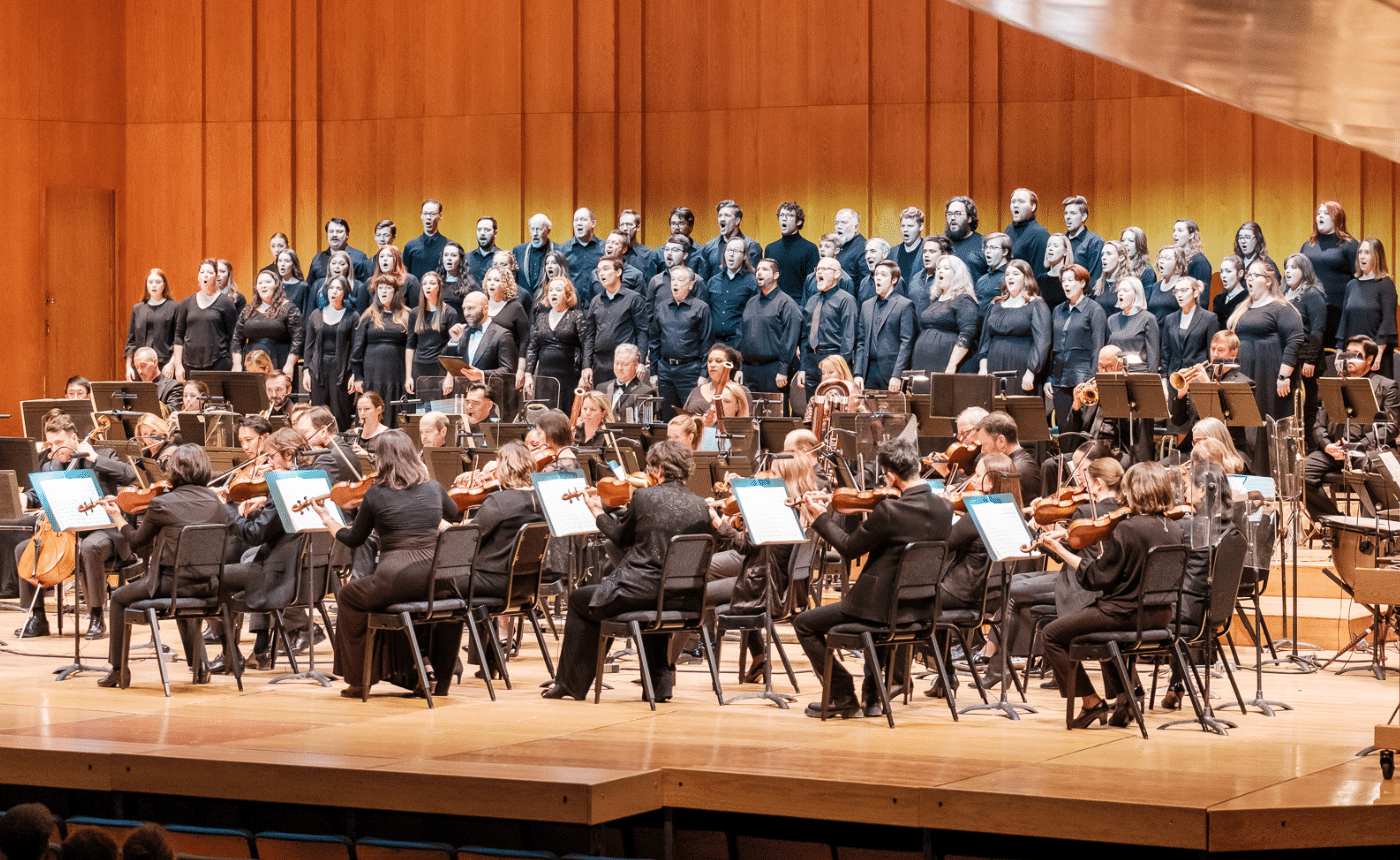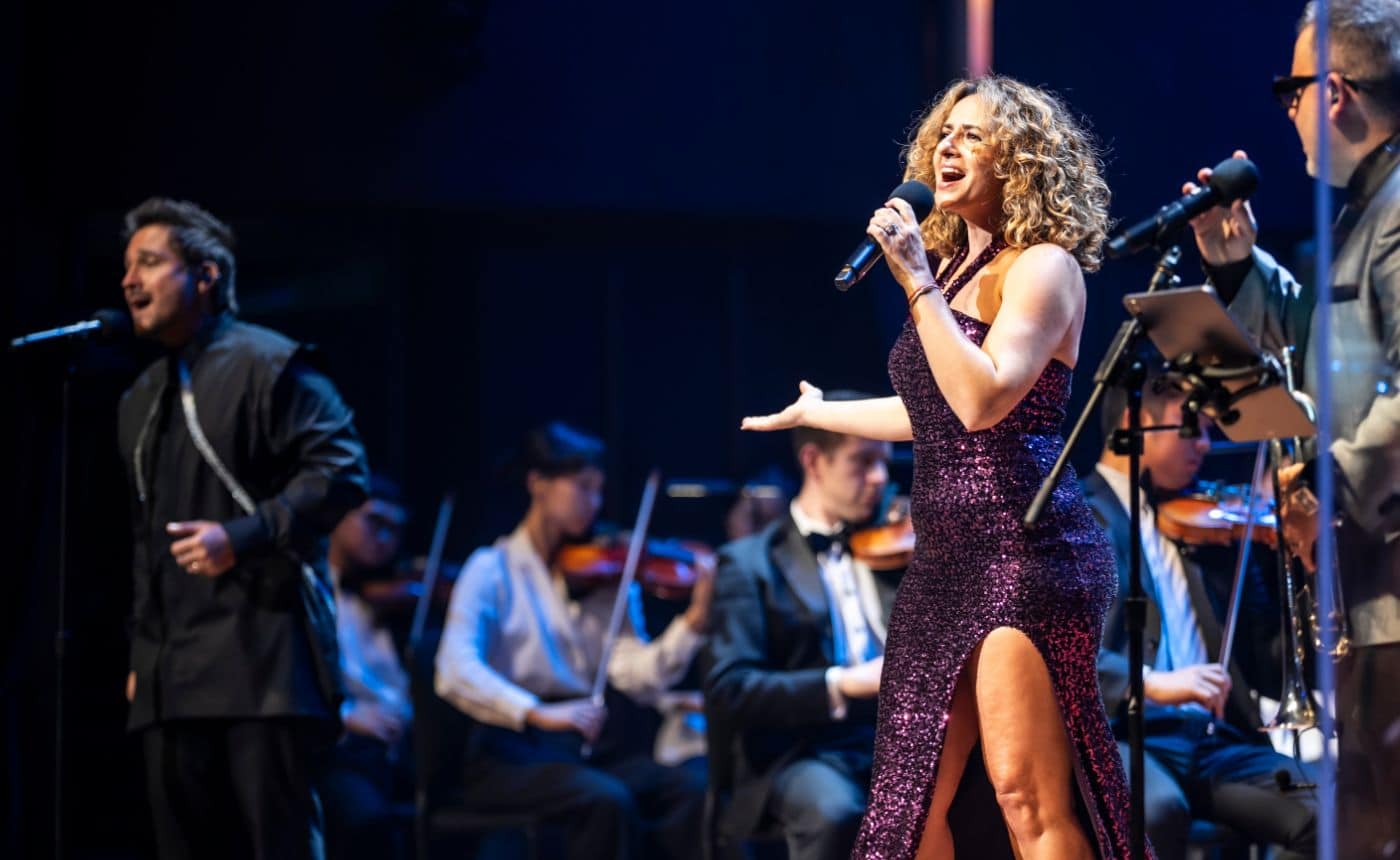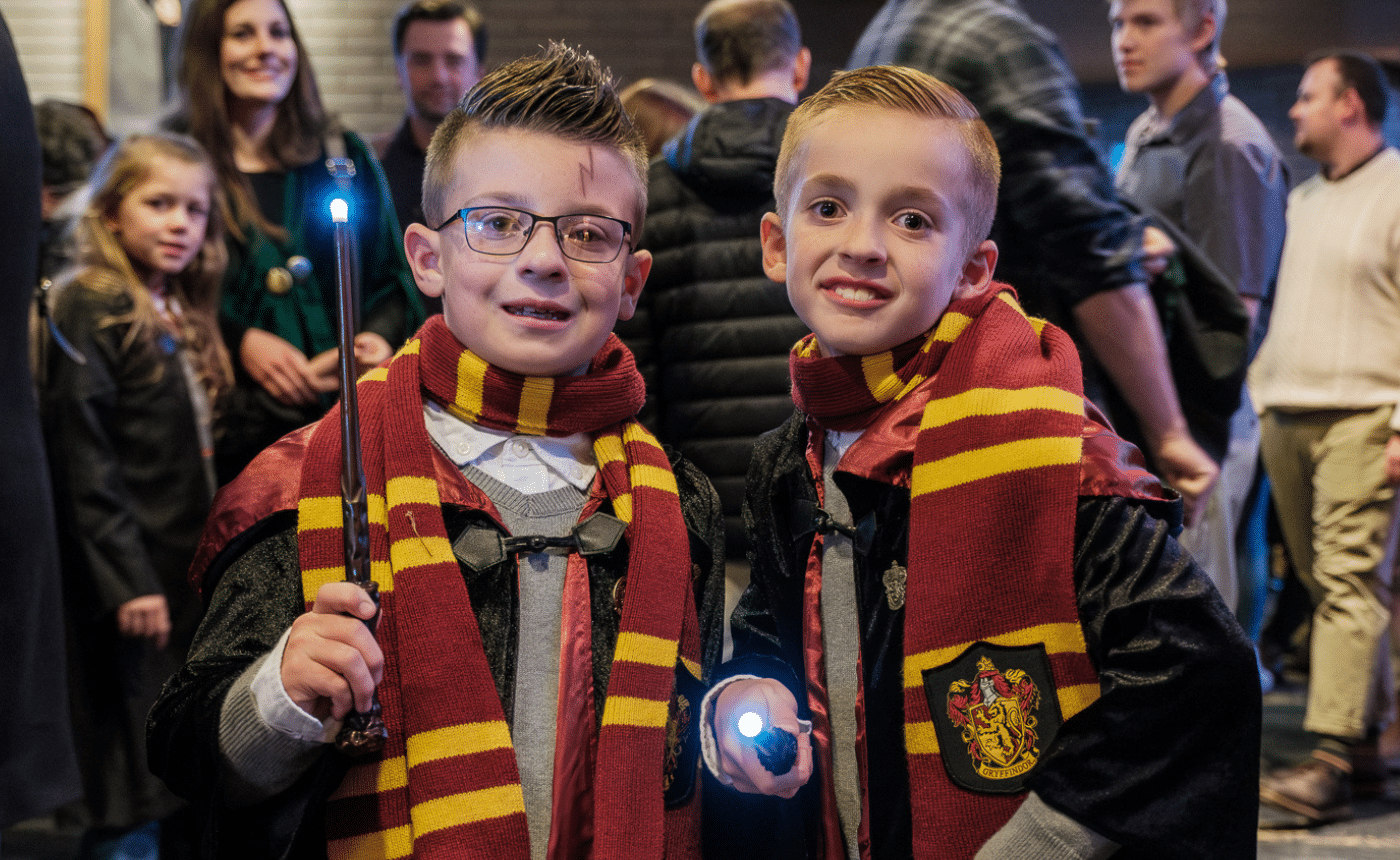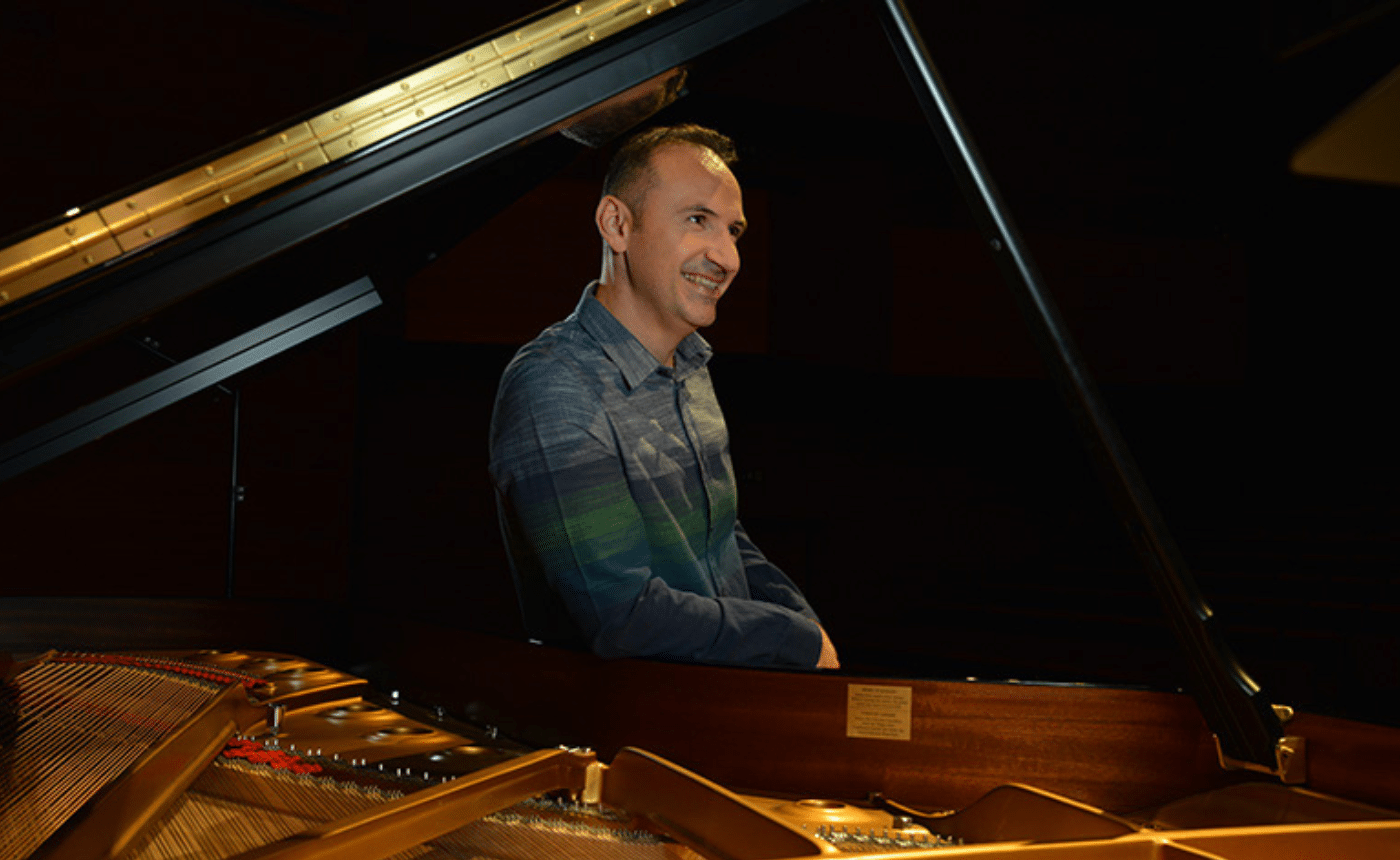Behind the Scenes: Quinn Mason’s “Changes/Transitions”
by Kathleen Sykes
The year 2020 has been a time of serious reflection. We have asked ourselves many questions about the importance of art and classical music in a modern world. And with the high-profile murders of George Floyd, Breonna Taylor, Ahmaud Arbery and many others, we have thought deeply on how we can use our art form to amplify Black voices.
During the shutdown, Principal Trombonist Mark Davidson commissioned a piece from young composer Quinn Mason which our orchestra musicians premiered digitally.
Watch the video and read Mark Davidson’s Q&A about the piece below:
How long has this piece been in the works?
Mark Davidson: The concept was formed shortly after George Floyd was killed in May. This was what has felt relevant to organize for the community to bring attention to the challenges facing our country and society.
Why did you want to offer something that speaks to the social unrest of this moment?
This project feels more appropriate and timely than anything else to share with the community given the dire need to change the social injustices that continue to happen. Artists convey a story. This story and piece is meant for the listener to formulate their own ideas so each individual can be a voice for change.
What were the challenges in getting the band back together?
The main challenge was Covid. The plan from conception was to record this piece ‘live’ but that wasn’t safe with the daily Covid numbers so high and given that many of the performers cannot wear masks while playing. This is due to the physics and nature of brass instruments, which have to physically be touching the face in order to play. Recording from our homes was the only option.
How did you film the piece?
Each part was recorded on a smartphone in our respective homes to be in line with ordinances mandated as safe with everyone’s safety, top priority. In some cases, I went to musicians’ houses (wearing personal protective gear) to assist with the recording process as there are a lot of intricacies substituting a concert hall recording space, with a smartphone. Quinn Mason and I worked on a click track that was representative of all the markings and instructions that the piece asks for, and also helpful in delivery for each musician to have all the information to perform their best. Essentially everyone involved then sent in their performance via google drive, where I was able to incorporate a videographer and audio engineer to help assist with the vision and concept of the project.
Why Quinn Mason?
I reached out to a longtime friend, mentor, and colleague Nick Williams for help, advice, and direction for the project. Nick recommended Quinn Mason provided he has availability and the time required for such a project. After reaching out to Quinn to describe the project and concept, he responded right away with his shared interest, honor, and appreciation for the opportunity. He sure wrote a fabulous piece.
What do you feel this piece of music says about the current moment?
I feel this piece can help the listener ask their own questions to themselves as to how best to do their part so we as a culture can implement change and transition for racial injustices. In this way, everyone’s actions at all times can reflect support for justice and change, otherwise we will never see the change we have to see.
How did you get Maestro Fischer on board?
I asked Maestro Fischer (who was at his home Geneva, Switzerland), if he would conduct us in the project. He immediately responded with support and loved the idea, concept, and what it says and stands for. Upon seeing the final draft, he programmed it on our Masterworks Subscription series so we can perform it live when it is safe to do so in respects to the pandemic so we can share with the community.
Are you at all concerned that this is a bunch of white guys in a video about Black Lives Matter? How do you ensure that allyship is constructive and not just (pardon the pun) performative?
I hope it speaks volumes that this happens to be a group of white musicians performing Changes/Transitions. We all have to be voices for change. Black Lives Matter has to be embraced by all races, everywhere, before any possibility of change is possible.











